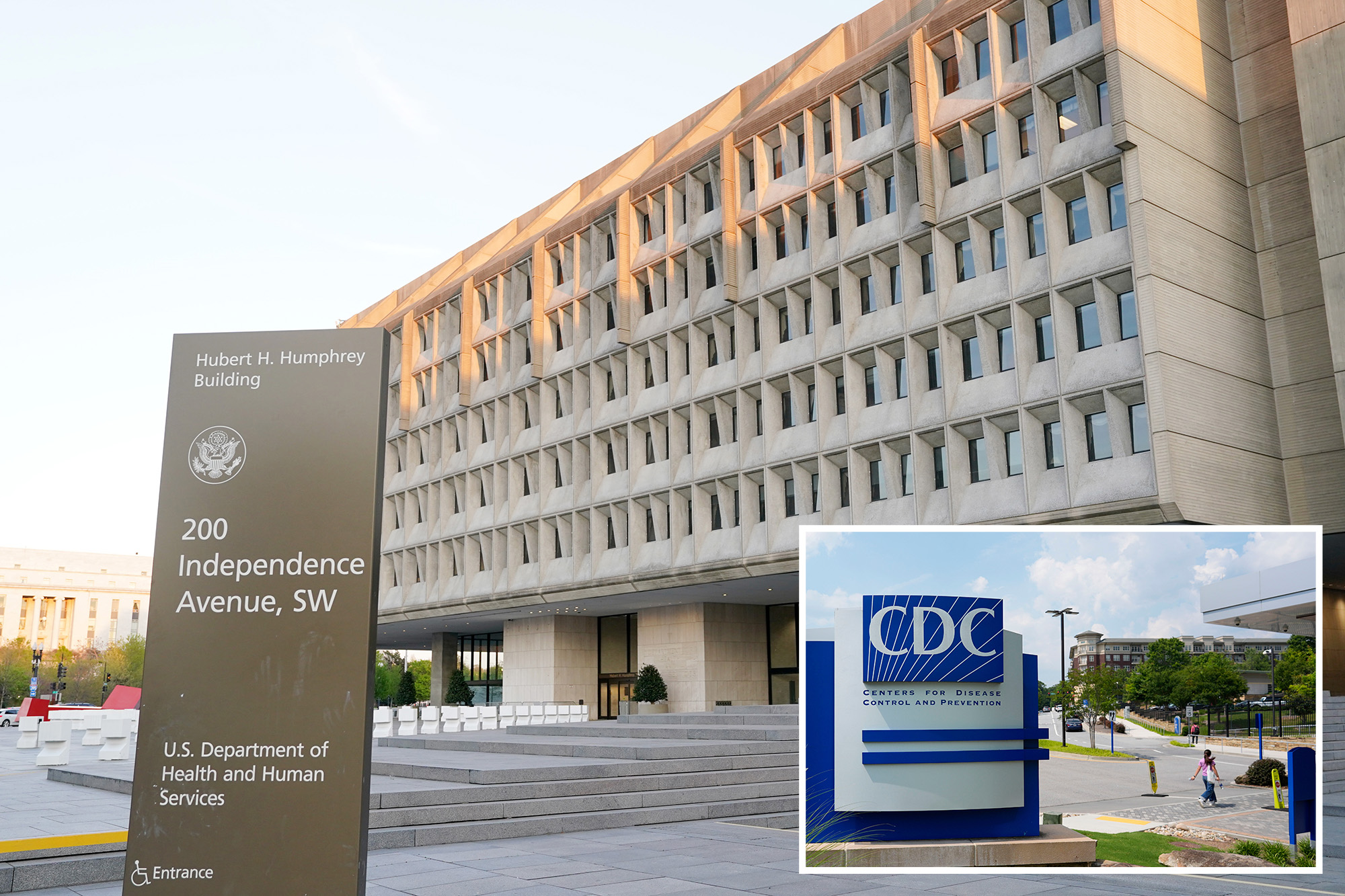Health
HHS Moves to Revoke Bargaining Rights for Thousands of Federal Workers

The U.S. Department of Health and Human Services (HHS) has initiated a controversial decision to revoke collective bargaining rights for thousands of federal health agency employees. This move has been termed illegal by the American Federation of Government Employees, which represents many of the affected workers. HHS officials confirmed on September 29, 2023, that the department will no longer recognize unions for certain employees and will reclaim office space and equipment that were utilized for union activities.
This decision marks the latest action taken by the Trump administration to curtail collective bargaining rights for federal employees. Previous similar actions have impacted agencies such as the Department of Veterans Affairs and the Environmental Protection Agency. In May, a federal appeals court allowed the administration to proceed with an executive order aimed at diminishing bargaining rights for hundreds of thousands of federal workers while legal challenges continue.
Andrew Nixon, a spokesman for HHS, stated, “This action ensures that HHS resources and personnel are fully focused on safeguarding the health and security of the American people.” However, union officials argue that strong contracts do not undermine the ability to respond effectively to public health emergencies. Instead, they contend that well-supported workers contribute to the stability and efficiency of vital agencies, such as the Centers for Disease Control and Prevention (CDC).
Employees at the CDC have expressed that the union has served as an important source of information and advocacy, particularly during layoffs earlier this year and following an attack on the CDC’s main campus in Atlanta on August 8, 2023. The union is actively pushing for improvements in emergency alert systems and enhanced security measures in the wake of these events.
The implications of this decision extend beyond the CDC. Other agencies affected include the Food and Drug Administration (FDA), the National Institutes of Health (NIH), and the Administration for Strategic Preparedness and Response, as well as the Office of Refugee Resettlement within the Administration for Children and Families.
As the situation evolves, the broader impact of this decision on federal health agencies and their ability to operate effectively during public health crises remains a significant concern. Unions are expected to continue advocating for the rights of their members, emphasizing the importance of collective bargaining in ensuring a competent and responsive workforce.
-

 Lifestyle4 months ago
Lifestyle4 months agoLibraries Challenge Rising E-Book Costs Amid Growing Demand
-

 Sports3 months ago
Sports3 months agoTyreek Hill Responds to Tua Tagovailoa’s Comments on Team Dynamics
-

 Sports3 months ago
Sports3 months agoLiverpool Secures Agreement to Sign Young Striker Will Wright
-

 Lifestyle3 months ago
Lifestyle3 months agoSave Your Split Tomatoes: Expert Tips for Gardeners
-

 Lifestyle3 months ago
Lifestyle3 months agoPrincess Beatrice’s Daughter Athena Joins Siblings at London Parade
-

 World3 months ago
World3 months agoWinter Storms Lash New South Wales with Snow, Flood Risks
-

 Science4 months ago
Science4 months agoTrump Administration Moves to Repeal Key Climate Regulation
-

 Science3 months ago
Science3 months agoSan Francisco Hosts Unique Contest to Identify “Performative Males”
-

 Business4 months ago
Business4 months agoSoFi Technologies Shares Slip 2% Following Insider Stock Sale
-

 Science4 months ago
Science4 months agoNew Tool Reveals Link Between Horse Coat Condition and Parasites
-

 Sports3 months ago
Sports3 months agoElon Musk Sculpture Travels From Utah to Yosemite National Park
-

 Science4 months ago
Science4 months agoNew Study Confirms Humans Transported Stonehenge Bluestones








